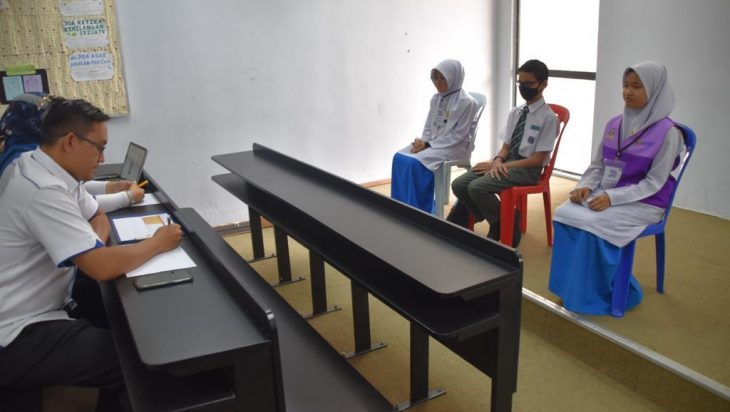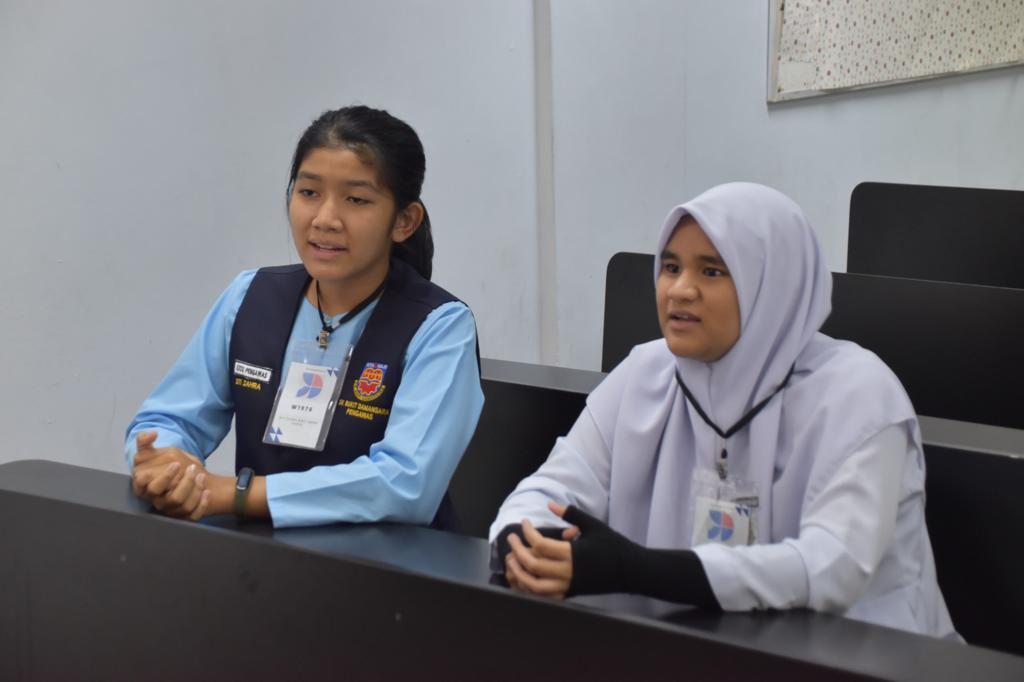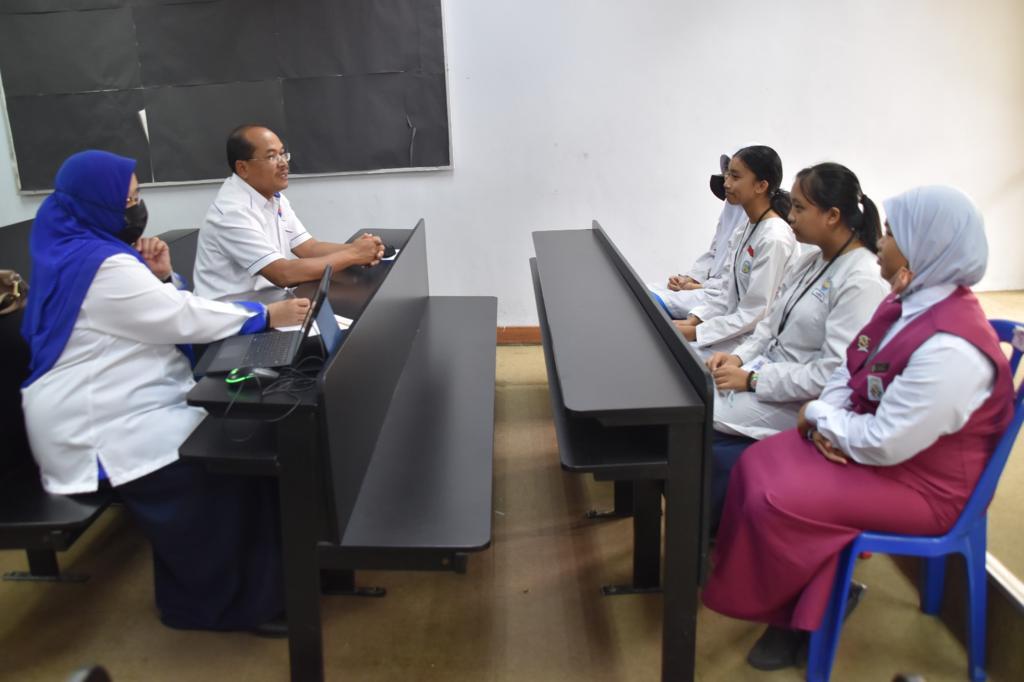Make it or break it : ace your next interview

by Hana Batrisyia
How you carry yourself during an interview requires you to be at the pinnacle of your overall performance. However, in order to ace that interview, the preparation begins before you surpass the threshold of the interview room.
- Gestures and posture
A lot can be said based on one’s body language. By definition, body language refers to nonverbal cues we consciously and unconsciously use to communicate. Sometimes, our unconscious reactions towards situations may allow the interviewers to truly decipher our current display of mind.
To further elaborate, you may just strap on a watch before heading into the interview room but the panel of interviewers may perceive you as someone who manages their time efficiently based on that simple gesture.
The position of your upper body also plays a significant role in portraying the version of you that you’d like to showcase. No matter how scared you may feel, the first thing to do is to sit up straight and establish eye contact. Not only will it depict you as someone with high self-confidence, it will also boost your confidence sufficiently.

- Identify your strengths and weaknesses
It is without a doubt that all of us have our own strengths and weaknesses individually. Most of us perceive that only our strengths can be used as assets to help us ace an interview, but your flaws can also help you make your case.
“What’s your biggest weakness?” is one of the most common interview questions but also the most dreaded. While identifying your worst traits probably won’t be the most fun part of the interview, there are ways to spin off the question to your advantage.
Embracing your own flaws will appeal to the more humane side of the interviewers, as it shows a sense of realisation and willingness to improve. This is quality that proves that you’ll not only abide by the institutional guidelines, but also the rules of ethics.

- Interest and understanding of job requirements
Understanding the basis of the interview that you are sitting for will paint the road map of how the interview is going to go. When you are fluent in the requirements of the job, you are able to guess the possible questions that may be brought up during the session.
Understanding the interest and character of the interviewers can also be a huge leg up. If you are able to receive the names of the interviewers before hand, you can also frame the possible questions based on the job scope and the interest of the interviewing committee.
Ultimately, going through an interview, be it for a scholarship, a new job or career advancement, is just another learning process in life one needs to experience. It not only allows you to explore your innate talents, and test your communication skills but also to showcase what values you can bring to the table, especially in an unfamiliar platform and environment.
Nevertheless, the success or failure of an interview does not define you completely, but it surely helps refine you as a person. In a nutshell, just be yourself, be honest and trust the process.



